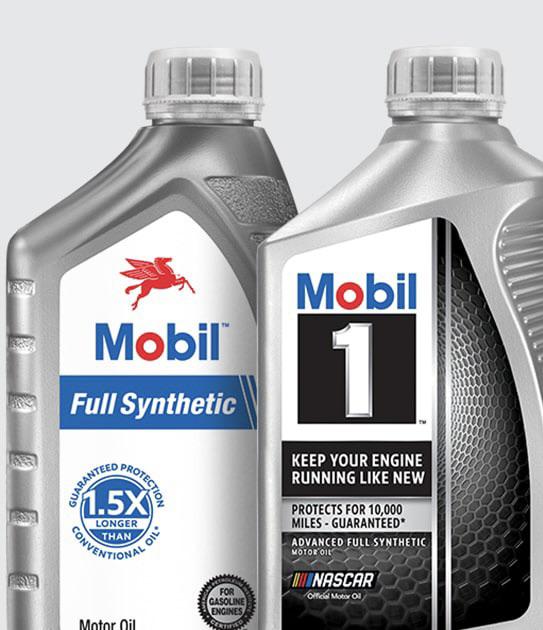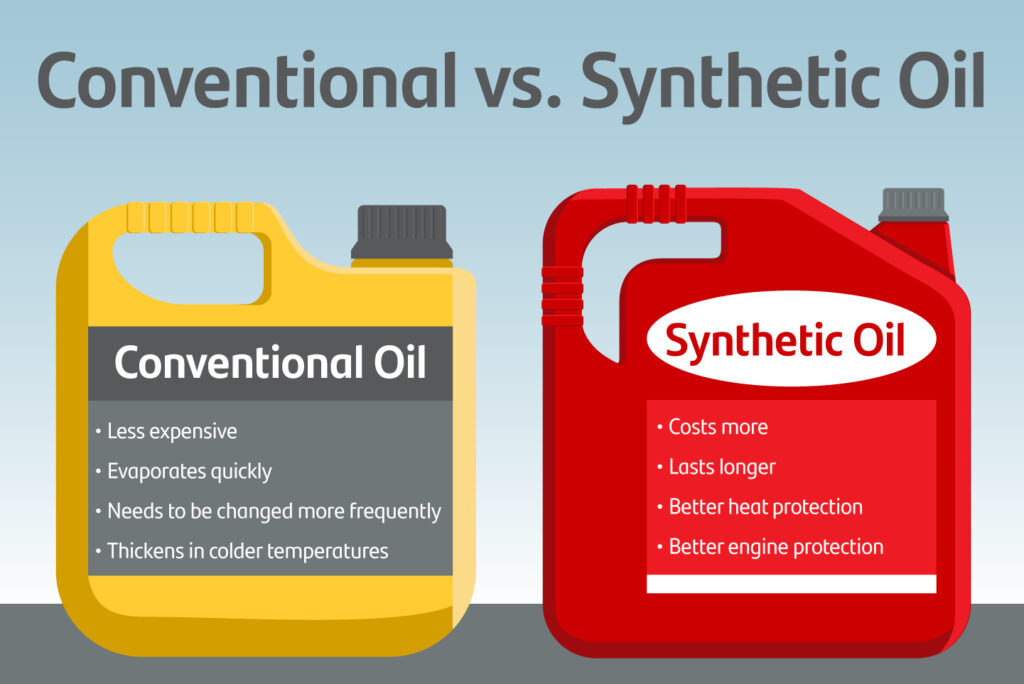Engine Oil Vs Hydraulic Oil: Unraveling the Best Choice
Engine oil and hydraulic oil have different additive packages and base oils, leading to varied benefits and potential negative impacts if used interchangeably. While engine oil is designed to lubricate and protect an engine’s moving parts, hydraulic oil is formulated for low compressibility, predictable friction, and viscosity stability. Understanding the distinctions between these oils […]
Engine Oil Vs Hydraulic Oil: Unraveling the Best Choice Read More »







